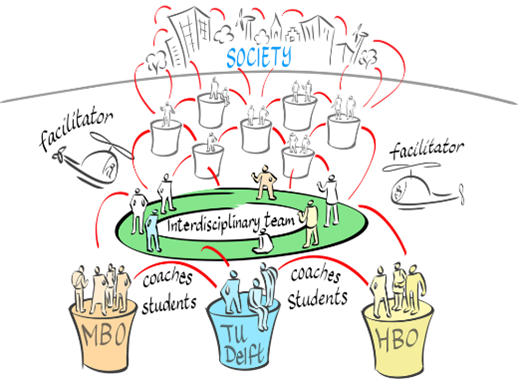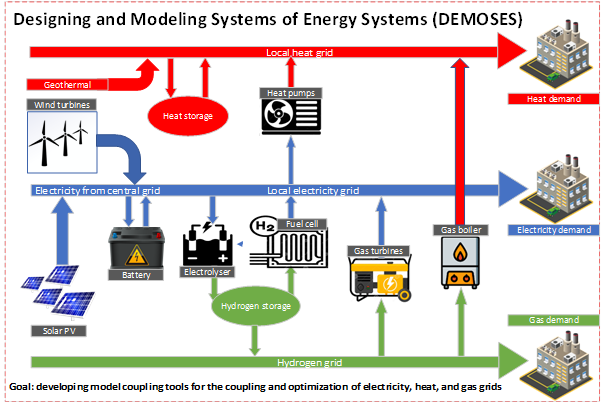Education projects
As leaders in online education, we work with academic and governmental partners, as well as sector companies and organisations to ensure we continue to provide cutting edge, quality education and an optimal learning experience. To this end we participate in several national, European and international projects aimed at innovating various aspects of (online) education.
Our current projects

National LLL Catalyst
Having successfully secured €2 million in funding through the LLO Katalysator (Lifelong Learning Catalyst) project, part of the National Growth Fund of the Dutch government, we created the Learning for Life Project. For more information on this project, including plans and progress, please visit our National LLL Catalyst pages. The funds enable us to strengthen our infrastructure, professionalise our workforce, and ensure that our course offerings align with the evolving needs of key sectors.
Learning communities (LCs)
Learning communities bring together professionals and stakeholders from industry, government agencies, field labs, and educational institutions to collaboratively address real-world challenges in the various sectors. This novel approach to working and learning strengthens human capital and ensures that the gained knowledge and shared insights are effectively applied and provides the necessary solutions.
The Extension School facilitates and actively supports a number of LCs by equipping participants with the knowledge and tools they need to drive innovation and implement new technologies.
Energy Transition - Talent for learning Communities (ET-TLC)
ET-TLC is a programme, developed by TU Delft with Dutch government funding, designed to help students from different educational backgrounds work together to solve big societal problems like climate change and energy transition. By bringing in experts from businesses, government, and the community, students learn to think beyond their own field of study and develop real-world solutions. This hands-on, collaborative approach helps students build important skills for their future careers, and allows everyone involved to learn from each other and look at the problem from different angles. This supports the idea of Lifelong Learning, as each individual continue to adapt and learn throughout their professional lives.
LC for Demoses
This Learning Community (LC) project tackles the human capital demand to accommodate the increasing complexity of the energy system by creating integrated tools to support decision-makers in the energy transition. The core project provides a more complete analysis of the physical and economic interactions involved, with a focus on transmission and distribution network operators, the integration of low-carbon heat networks in South Holland, and market incentives for energy flexibility. The Extension School has received funding to facilitate collaboration and ensure the development of systems that build the necessary human capital capacity for the future.
LC for HyChain-ESI
This LC project aims to support the human capital demand to accommodate the large-scale adoption of hydrogen as a key energy source by developing tools and methods for optimising hydrogen value chains. These efforts include policy development, serious games, and simulations to address the challenges of hydrogen production, transportation, and storage. The project also explores how decision-making across different sectors can be aligned to create a sustainable and affordable hydrogen economy, contributing to the broader energy transition goals.
Erasmus+ Project Consortium - Nature-based solutions for African Climate Resilience
TU Delft is part of a project to achieve African Climate Resilience using nature-based solutions. The project, established by South Africa’s Rhodes University, for which they received a three-year grant, was launched in 2024. Through the open sharing of resources, African professors can use TU Delft online MOOC materials and e-textbooks to develop curricula and professional development in collaboration with local beneficiaries.
Together with TU Delft and Rhodes University, also part of the project consortium are: the University of Cape Town, Ecole Polytechnique of Thies, Université Cheikh Anta Diop, AgroParisTec, Institut National de Recherche Pour L'Agriculture, L'alimentation et l'environnement.
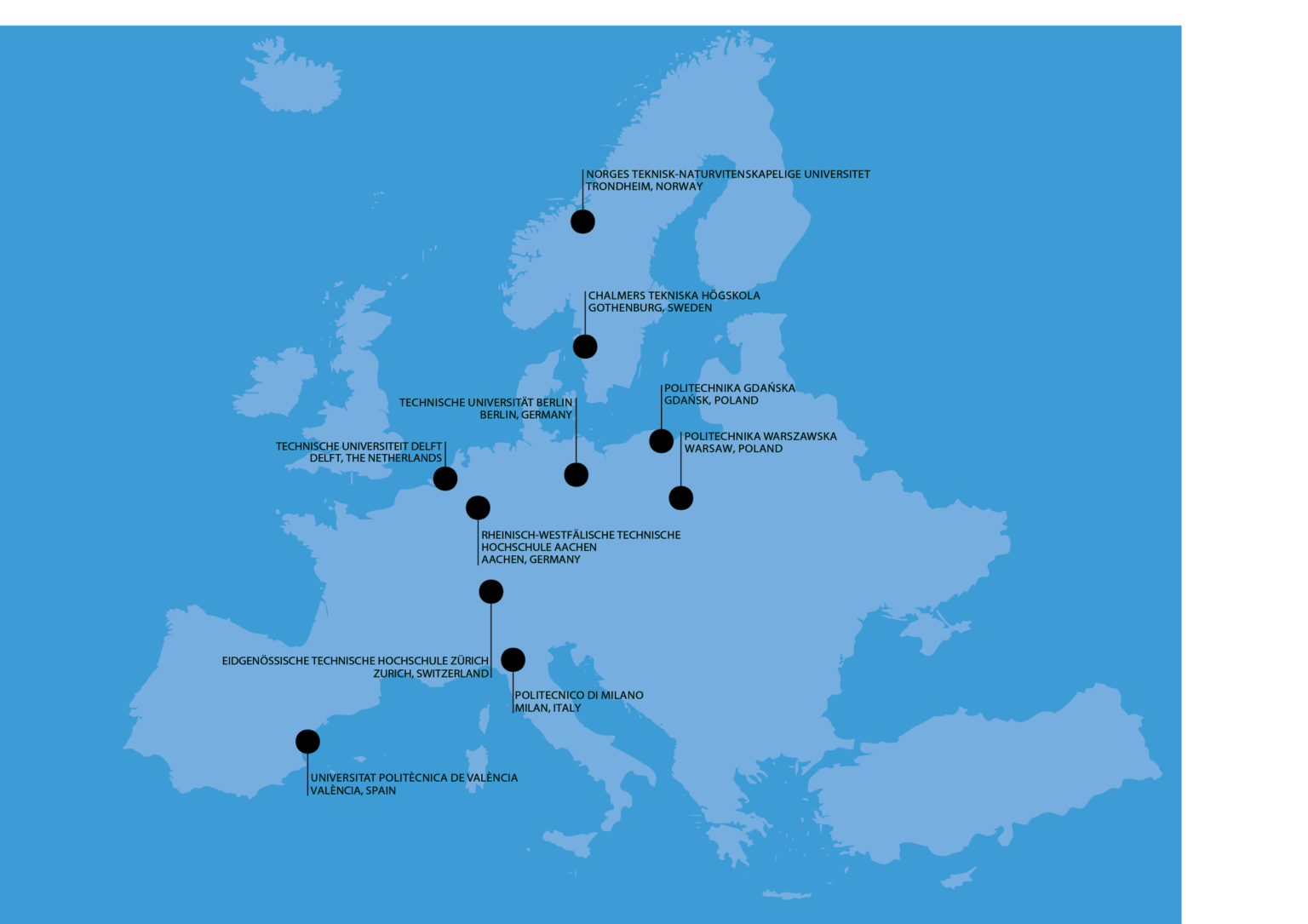
ENHANCE+: a European University of Technology
The ENHANCE Alliance is a coalition of 10 major research-intensive universities focusing on science and technology, laying the foundations for an innovative European University of Technology. Its objective is to empower students, researchers, and society to effectively advance a sustainable digital and social transformation.
Over the next decade, ENHANCE plans to fulfill its mission within three transformation clusters: One Campus, Future Knowledge, and Innovative Organizations - with initiatives across education, research, innovation, and service to society.
TU Delft leads the Work Package ‘Future Skills for Engineers and Scientists’, whereby the Extension School plays a vital role in identifying such skills, sharing its Lifelong Learning (LLL) approach, collaborating on joint educational offerings, and leveraging expert knowledge through innovative teaching & learning formats. Visit the Alliance’s learning opportunities catalogue.
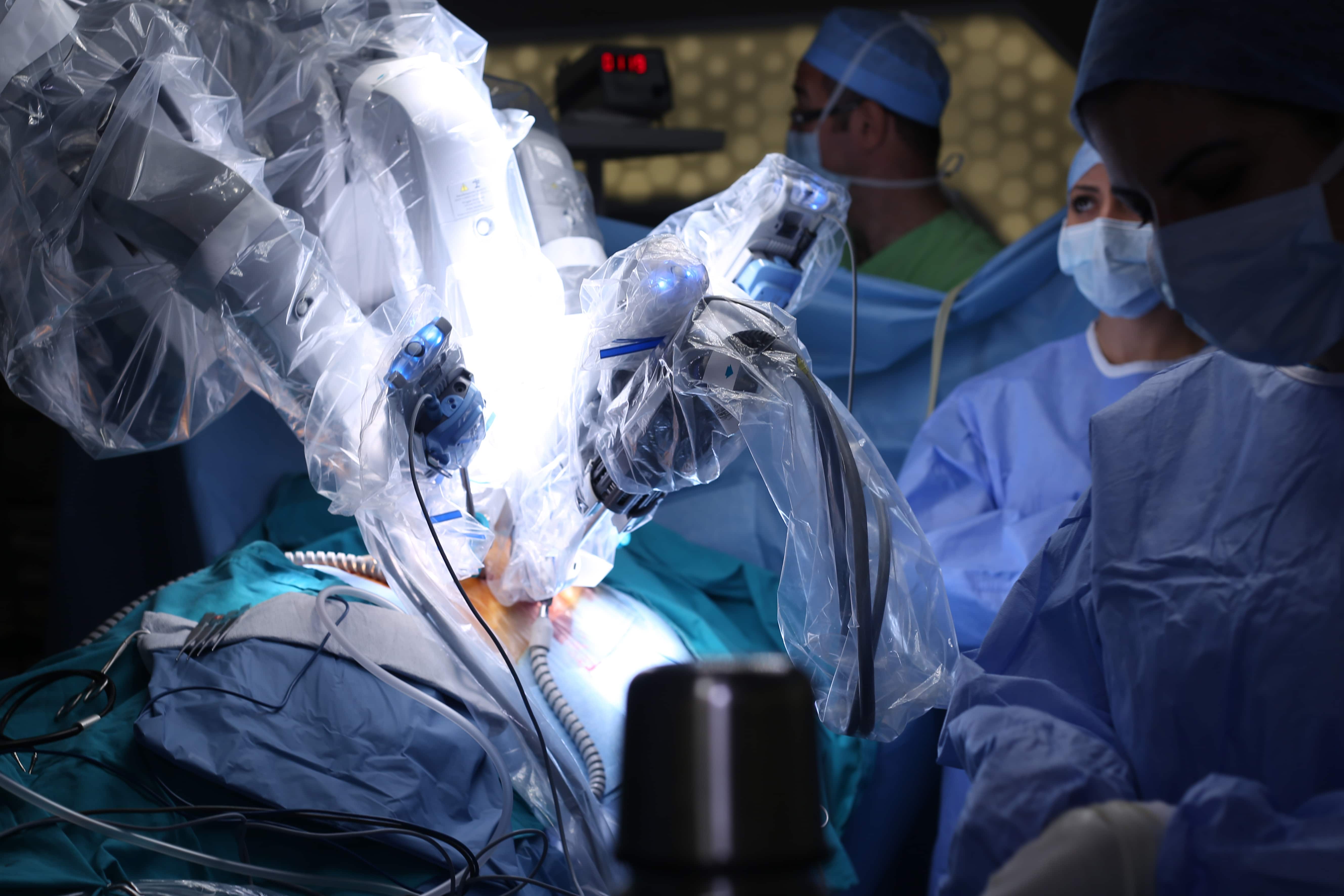
AdLap Systems: versatile modular Advanced Laparoscopy robot platform
A convergence between TU Delft technical knowledge and health sciences expertise from (amongst others) the Amsterdam and Leiden Universities Medical Centres, and the Reiner de Graaf and Haga Hospitals in the Netherlands, aims at revolutionizing laparoscopic surgery with an advanced modular robot platform. It is funded by the Dutch Research Council (NWO) under the Knowledge and Innovation Agenda (KIA) for Key Enabling Technologies.
With a focus on affordability and sustainability, the system hand-held, cable-less instrument actuators are fully reusable, easy to clean, and environmentally friendly. Led by the expertise of Assistant Professor Tim Horeman (Sustainable Surgery & Translational Technology, and Academic Portfolio Director Medical Technology), the project team is committed to making advanced robotic surgery accessible to hospitals worldwide.
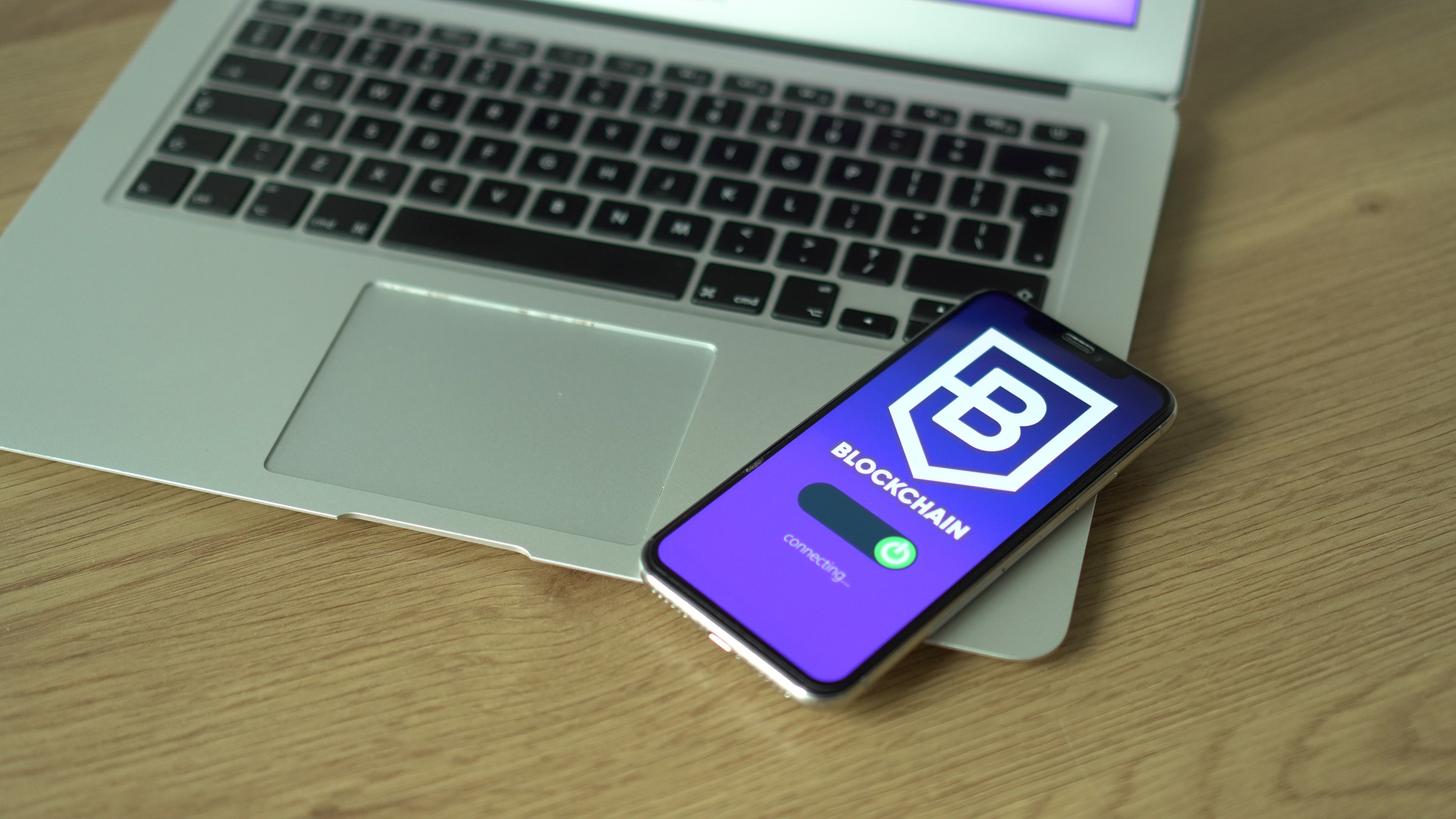
Digital credentials and blockchain technology
As founding members of the international Digital Credentials Consortium, comprising 12 leading universities, we work to develop new digital systems for academic credentials, using blockchain technology to create a shared infrastructure that will become the standard for issuing, storing, displaying, and verifying such credentials.
Following the launch in 2022 of the open-source app Learner Credential Wallet (for both iOS and Android) to store digital credentials, efforts continue to release a web verifier application whereby academic institutions and potential employers can check on validity, and to research the use of digital credentials for employment pathways. We also participated in a pilot to assess cross-border credential exchange between the Netherlands and Singapore, using digital wallets and considering GDPR implications, collaborating with the Dutch Embassy in Singapore and Accredify.

Energy Switch initiative
The availability of well-trained employees with the right knowledge and skills in the energy transition sector is a critical factor for a successful shift to a low-carbon economy. This demand-driven, non-commercial project thus seeks to strongly improve cooperation between current initiatives – often aimed at reskilling and up training to meet future labour market demands – and to help 1,000 people to develop or transition to another job. It is part of the Growth Agenda within the Human Capital Agreement of the Economic Board of South-Holland.
The partners in the initiative are diverse: training institutions and universities, governmental bodies, companies, and business associations. Each of them deals with one or more elements of the complex chain in the energy transition. Over 20 organizations have already joined this two-year project that will end in December 2024. If your organisation is interested in knowing more about the Energy Switch Initiative, please contact Jacqueline van Krieken, Project Manager Energy Switch, TU Delft Extension School for Continuing Education (j.vankrieken@tudelft.nl).
More information (in Dutch).
Microcredentials Framework Pilot
In the context of lifelong learning provision for professionals, we represent TU Delft in this Dutch national project – comprising over 30 institutions – to develop a standardized way to certify smaller, stackable units of higher education (i.e., a course, training module) of between three and 30 ECs or credits. On successful completion of the educational unit, the Microcredentials are awarded in the form of a digital certificate – an Edubadge on the SURF platform, which is verifiable, portable and has no expiry date.
TU Delft issued its first Edubadges in December 2022 for three online academic courses by the faculty of Aerospace Engineering.
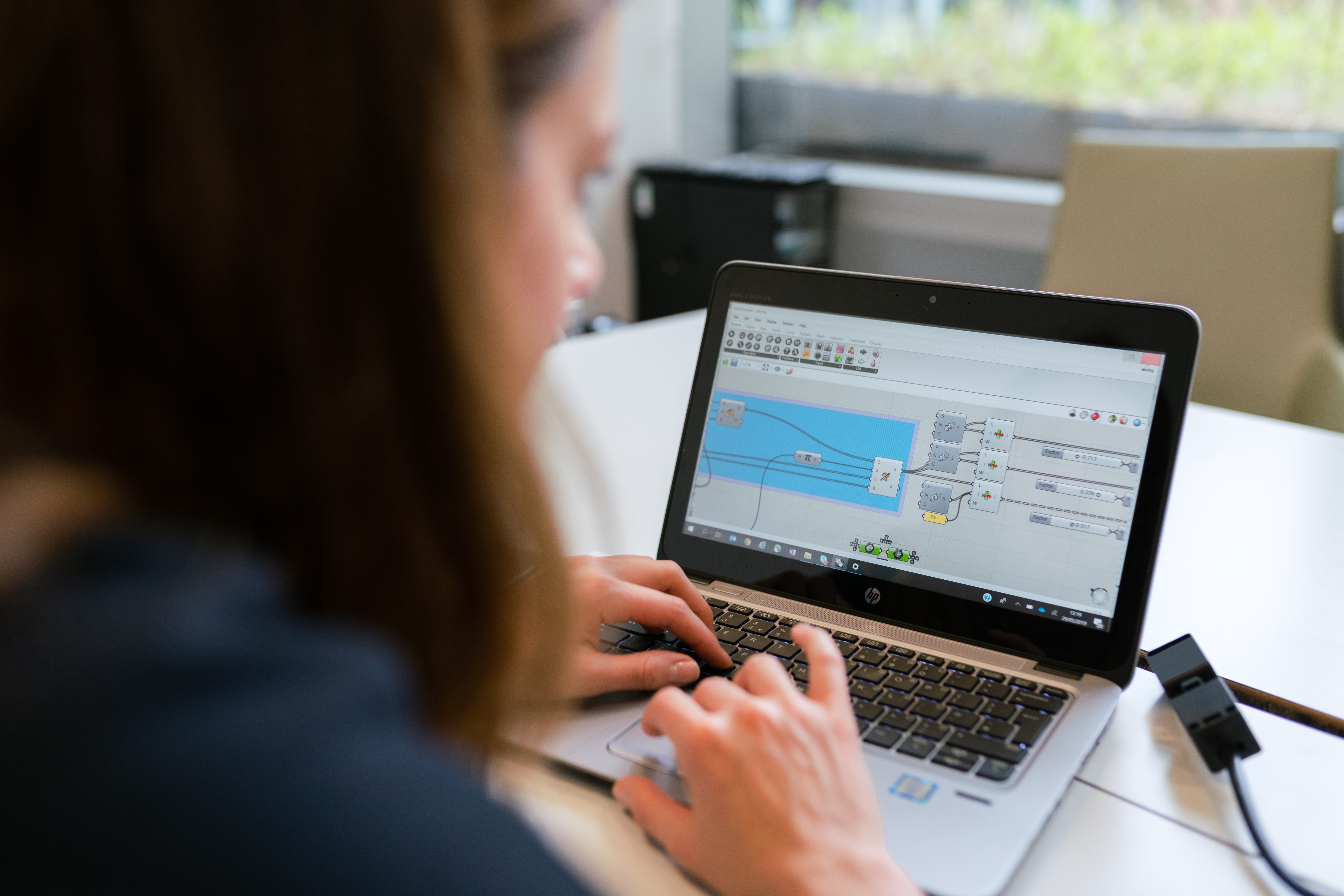
4TU.Federation – Lifelong Learning Sector Plan project
This initiative focusses on helping to reduce the shortage in the labour market in the disciplines of computer science, electrical and mechanical engineering. The target group is alumni with a background in those disciplines and workers who want to (re)train in these fields at university/higher-vocational education level.
It connects with national developments and initiatives in the field of lifelong education, such as those by the VSNU-Association of Universities in The Netherlands (e.g. national catalogue), VH-Association of Applied Sciences and SURF (e.g., flexibilisation and microcredentials).
More information (in Dutch).
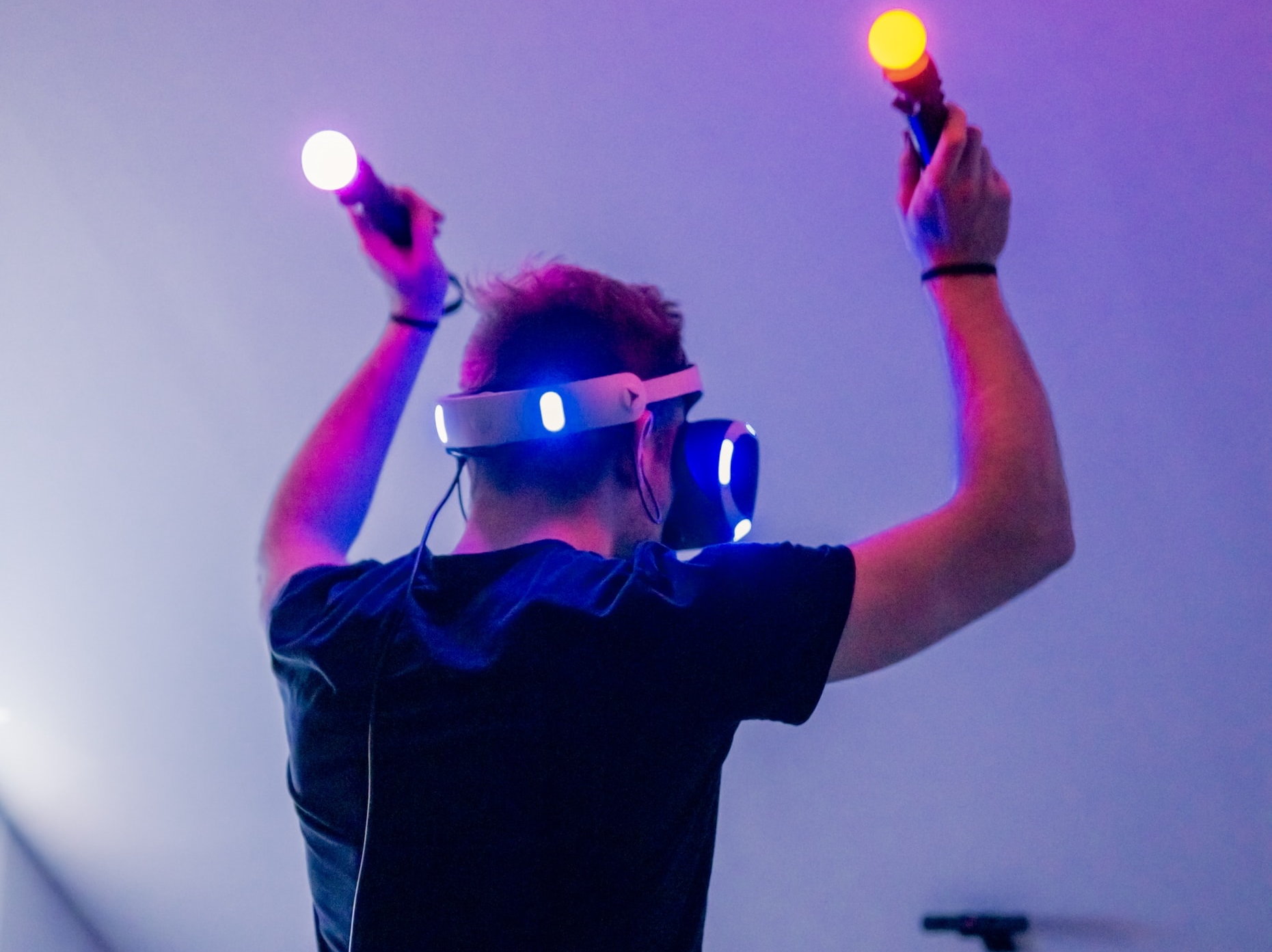
Erasmus+ Program Projects
Erasmus+ funds projects that help us move towards a more circular, green economy, where little is wasted, and pollution is minimised. Other projects nurture the democratic process in Europe and its influence globally. Some projects focus on inclusion of those who are socially or economically marginalised, while others help prepare today’s youth for an increasingly digital world. Overall, the programs aim to help generations of Europeans to become active citizens, with the skills, knowledge and experience to tackle the challenges facing our society, both now and in the years to come.
One of the projects we collaborated on is RAPIDE - Relevant Assessment and Pedagogies for Inclusive Digital Education. (2021-2023) It aimed to co-create, implement and share innovative pedagogies and aligned assessments for relevant and inclusive digital education to deal with similar crises to the Covid-19 induced one, and to support the meaningful digital transformation of Higher Education Initiatives.

DigiTeL Pro strategic partnership
DigiTeL Pro stands for Professional Development for Digital Teaching and Learning. It provides a framework and resources to meet the needs of institutions and their lecturers in the post-pandemic future, reinforcing their ability to provide sustainable, high-quality, international and multi-campus, digital education. Funded by the EU through the Extraordinary Erasmus+ Coronavirus response, it involves seven European universities for the creation of innovative models of blended and virtual mobility.
In 2021 and 2022, it launched courses that give lecturers the instruments to design and deliver for three key educational scenarios: a synchronous hybrid scenario (groups of students conduct the same activity at the same time but in different modes – online and on campus); an online and distance learning scenario (teaching and learning happen exclusively digitally); and an in-between scenario – blended (lecturers teach on campus to students who are physically present in class and also incorporate activities that are not face-to-face but done remotely and online).

VEP – Virtual Exchange Program
This initiative gives students the opportunity to broaden their portfolio and gain credits for their study program by taking a high-level, short course at a number of world-class partner institutions, without the need to travel. Students benefit from the online format, gaining specialist knowledge in areas of interest within a global context. Universities increase their reach to interested cohorts of international students, whilst enhancing their visibility and recognition in the areas of internationalisation and innovative education.
The program was set up as a 3-year pilot (2017-2020) with an extension to end June 2023.

